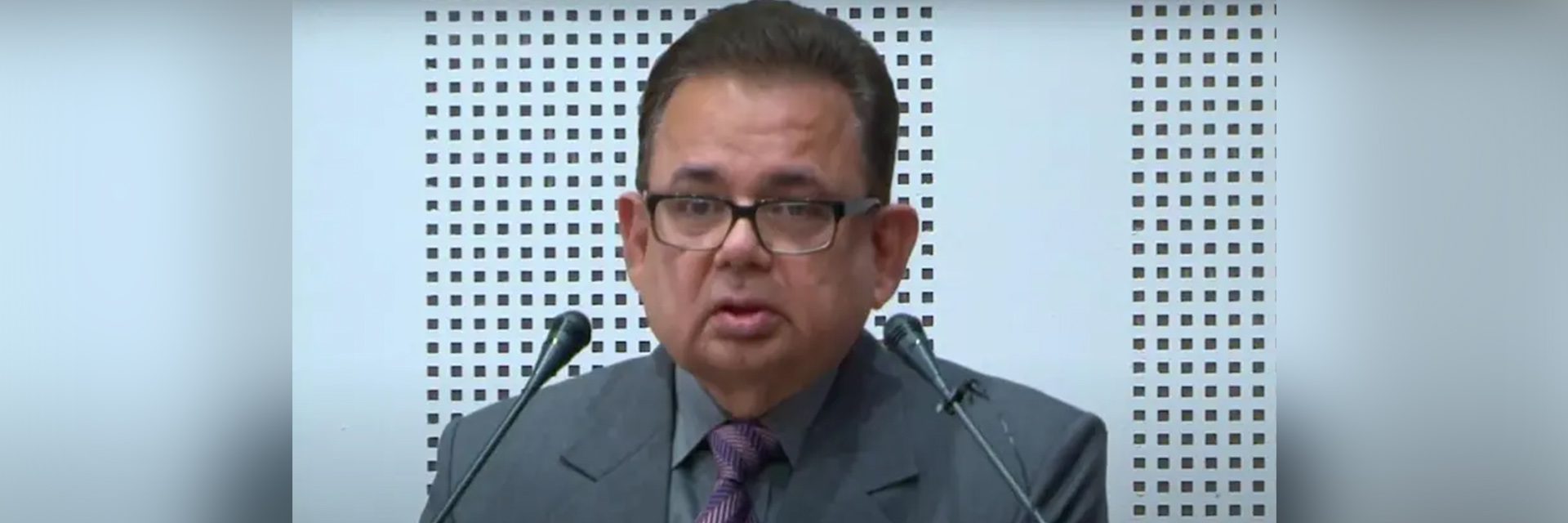This column first appeared in NDTV on March 17, 2022.
In a significant development, the International Court of Justice (ICJ), the United Nations’ principal judicial body, ordered Russia on Wednesday to immediately halt Ukraine invasion. The ruling came amidst international condemnation of Moscow’s invasion, which began on February 24, 2022. Presiding judge Joan Donoghue emphasized the court’s deep concern over the use of force by Russia, highlighting the serious implications for international law.
“The Russian Federation shall immediately suspend military operations that it commenced on 24 February on the territory of Ukraine,” Justice Donoghue stated during the hearing in The Hague. This decision is provisional, pending the court’s final judgment on the case, but it underscores the urgency of addressing the ongoing conflict.
The ICJ’s ruling comes in response to a case brought by Ukraine, which accused Russia of violating international treaties and laws by justifying its aggression under the pretense of preventing alleged genocide in eastern Ukraine. Kyiv’s legal challenge, filed just days after the invasion began, marks an attempt to use legal mechanisms to counter Moscow’s actions and uphold international norms.
The court’s decision, however, does not have enforcement mechanisms, and its impact will depend largely on international pressure and Russia’s willingness to comply. The ICJ’s role is limited to interpreting and applying international law, relying on the United Nations and its member states to ensure adherence to its rulings.
Meanwhile, Ukraine has reiterated its demand for stronger international support and security guarantees. Kyiv firmly rejected Russia’s proposals for adopting a neutral status akin to Austria or Sweden, calling instead for concrete measures to ensure its sovereignty and territorial integrity. Ukraine’s government stressed that neutrality without security assurances would leave the country vulnerable to future aggression.
This development reflects the broader international response to the crisis, with countries rallying to impose economic sanctions on Russia, provide military aid to Ukraine, and press for diplomatic solutions. The ICJ ruling adds legal weight to these efforts, reinforcing the principle that disputes between nations should be resolved through dialogue and not through force.
As the world watches the ongoing conflict, the ICJ’s order serves as a reminder of the need to uphold international law and protect global peace and security. Whether the ruling will influence Russia’s actions on Ukraine invasion remains uncertain, but it is a critical step in affirming the international community’s opposition to unlawful aggression.
Read More: NDTV
Find more Global Indian Top Reads

